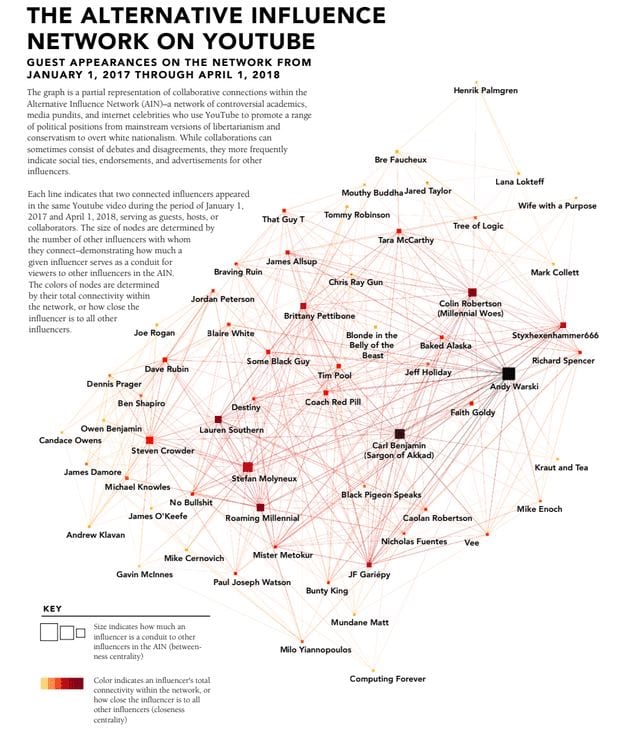
There’s no denying it. The resurgence of the extreme right-wing has reached a vehemence not seen in decades. The likes of such can be owed to the internet and its dominance in every-day life. But I want to find out as to how and why this, quite frankly, terrifying prospect has come to fruition.
Prevent is an organisation founded upon the goals of stopping radicalisation. Yet, that particular word ‘radicalisation’ has, undoubtedly, become associated with that of the Islamic kind, and for a while it would seem that the majority of those susceptible to indoctrination process’ were, more or less, gravitating towards Islam. However, in a recent report, Prevent have unveiled that referrals for radical Islam have decreased by 14%, whilst extreme right-wing referrals have increased by a staggering 36%. This rise of the extreme right is seemingly turning into a global issue, with perhaps the most recent case of the right rearing its ugly head in Brazil with the election of Jair Bolsonaro. This plague has recessed itself in all corners of the free-world, and it can largely be attributed to the rise of the internet.
As the now dominant medium the internet has done wonders for our society, connecting us in revolutionary ways through communities of likeminded comrades. Yet alas, our understanding of this technological feat is still grounded in infancy, and we are now bearing witness to its consequences. The internet has provided us with the perfect means of spreading new ideas and information, but this freedom and anonymity has given rise to think-tanks where extreme ideologues have taken to spewing out their own twisted rhetoric and, in doing so, radicalising the young and disenfranchised.

The unnerving part is that forums and communities with extreme and, at times, dangerous views are really not hard to find. Be it through the use of YouTube, Reddit or even sites like Facebook, one can very easily find themselves being sucked in. It’s also not a case of entering a community and being radicalised at the click of button, it can be a slow and addicting process.

Analysts and critics have slapped many names on these growing communities, though the general umbrella term would be the alt-right. There are many manifestations of the alt-right, there are moderate figures who focus on religious and political scepticism and others which can be considered to harbour neofascist sentiments, the likes of whom often buy into conspiracy theories. The alt-right is making an impact in the real world through various means, notably through perpetuating fake news and misconstrued information to radicalise and grow their consumer-base. The likes of which have resulted in the electing far-right figureheads and parties into office, namely the likes of Bolsonaro and Trump as well as bolstering support for far-right groups worldwide. However, there is also a noteworthy and growing number of radicals turning to committing terror acts. Violence mired the Charlottesville Rallies as counter-protesters were mowed down, the likes of the ‘Unite the Right’ protestors openly chanted slogans like “Jews will not replace us” as well as other strong white-supremacist slogans. Domestically, we’ve had the murder of Jo Cox MP, Finsbury Park Mosque attack among other incidents have been responsible of the growing and widespread radicalisation. In addition, many school-shooters have notable right-wing tendencies, for instance Eliot Rodgers, perpetrator of the Isla Vista shootings back in 2014, was a noted member of the Incel community.

Right-wing incidents are going to continue propping up until the spread of these dangerous and harmful sentiments are addressed. Despite my hatred for these groups and ideas, I am still an advocate for freedom of speech, yet I feel there needs to be a much greater effort in education and information regarding extremism. Because I, until only fairly recently, believed that it was only possible to be radicalised through groups like Islam. And the scary thing is you never realise that you’re being radicalised until well after you escape the quagmire of think-tanks and rabbit holes which have only been perpetuated through the widespread use of the internet.
